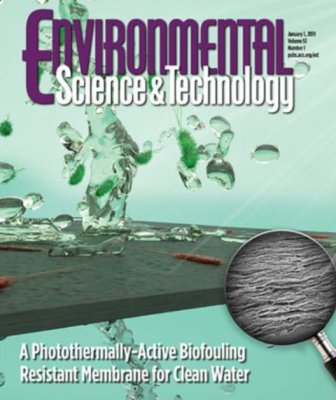Water is a precious resource that we need for our survival. However, not all water sources are safe for human consumption. Industrialization, pollution, and other forms of human activities have led to water contamination, making it essential to have water filtration systems. There are various water filtration systems in the market, but they all rely on specific water filter material to remove contaminants.

Water filter materials are the crucial element in water filtration as they determine the effectiveness of the filtering system. The material used should be able to remove impurities and produce safe drinking water. Some of the commonly used materials include activated carbon, ceramic, and reverse osmosis membranes.
Activated carbon is a popular material used in water filters due to its excellent adsorption abilities. It can filter out chlorine, sediment, volatile organic compounds, and some heavy metals. Activated carbon works by attracting and retaining impurities, preventing them from passing through the filter. The carbon is treated to increase its surface area, allowing more contaminants to be removed. Activated carbon is also long-lasting and easy to install.
Ceramic is another common water filter material. Its microscopic pores allow it to remove bacteria, cysts, and sediments. Ceramic filters are often used in gravity-fed systems, where water flows through the filter by gravity. The ceramic material is highly effective in removing contaminants and producing safe drinking water. However, it can be prone to clogging and may require frequent cleaning.
Reverse osmosis membranes are highly effective in removing impurities from water. The semi-permeable membrane allows clean water to pass through while blocking contaminants, including bacteria, viruses, and minerals. A reverse osmosis system typically includes a pre-filter, membrane filter, and post-filter to ensure maximum filtration. Reverse osmosis systems are highly effective but can be expensive and require professional installation.
Apart from the above materials, there are various other water filter materials used in different filtering systems. These include sand, gravel, zeolite, and ion exchange resins. Sand and gravel are used in gravel filtration systems to remove sediments and large debris. Zeolite is used to remove heavy metals, ammonia, and other impurities, while ion exchange resins are used to remove minerals and hardness in water.
In conclusion, water filter materials are a crucial element in water filtration. The choice of material will determine the effectiveness of the system in removing impurities and producing safe drinking water. It is essential to select the right material for your filtering system to ensure maximum filtration. Whether you choose activated carbon, ceramic, reverse osmosis membranes, or other materials, make sure it's suitable for your water source and filtering needs.
With water contamination becoming a significant concern in many areas, investing in a water filtration system is essential. By understanding the different water filter materials and their effectiveness, you can choose the right system and material for your needs. Remember, safe drinking water is a necessity, and with the right water filtration system, you can have peace of mind knowing you're consuming clean, healthy water.